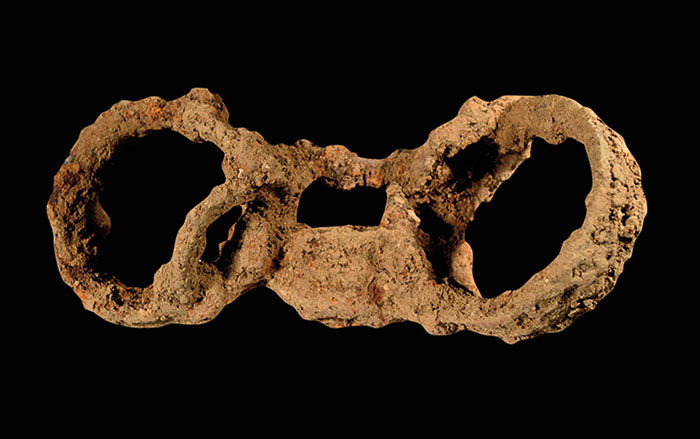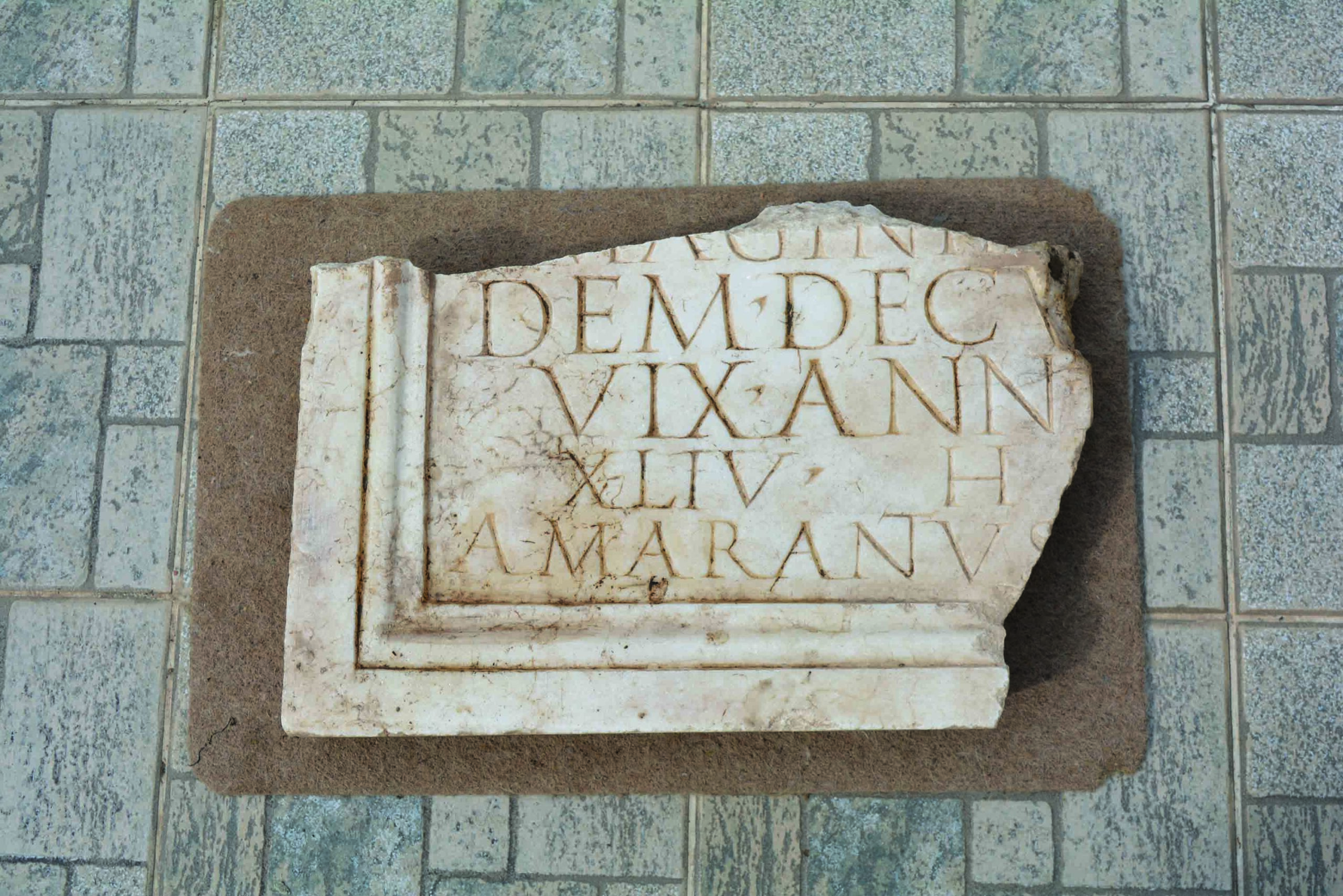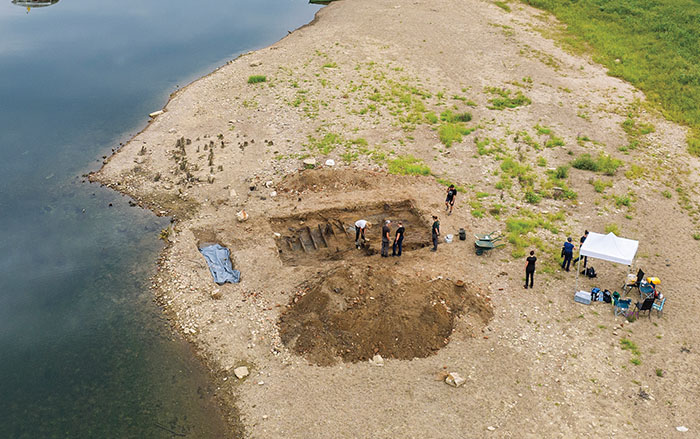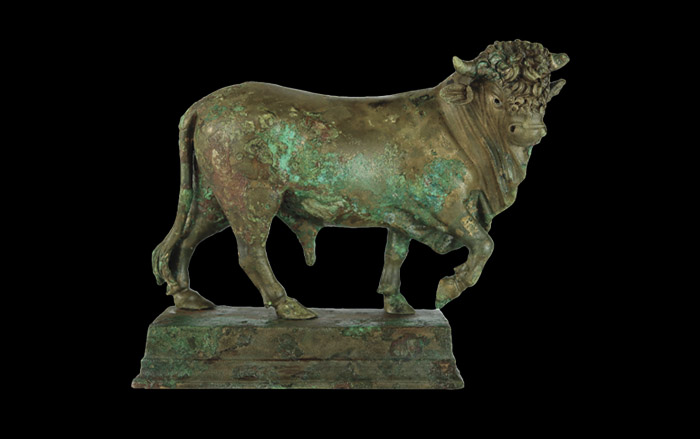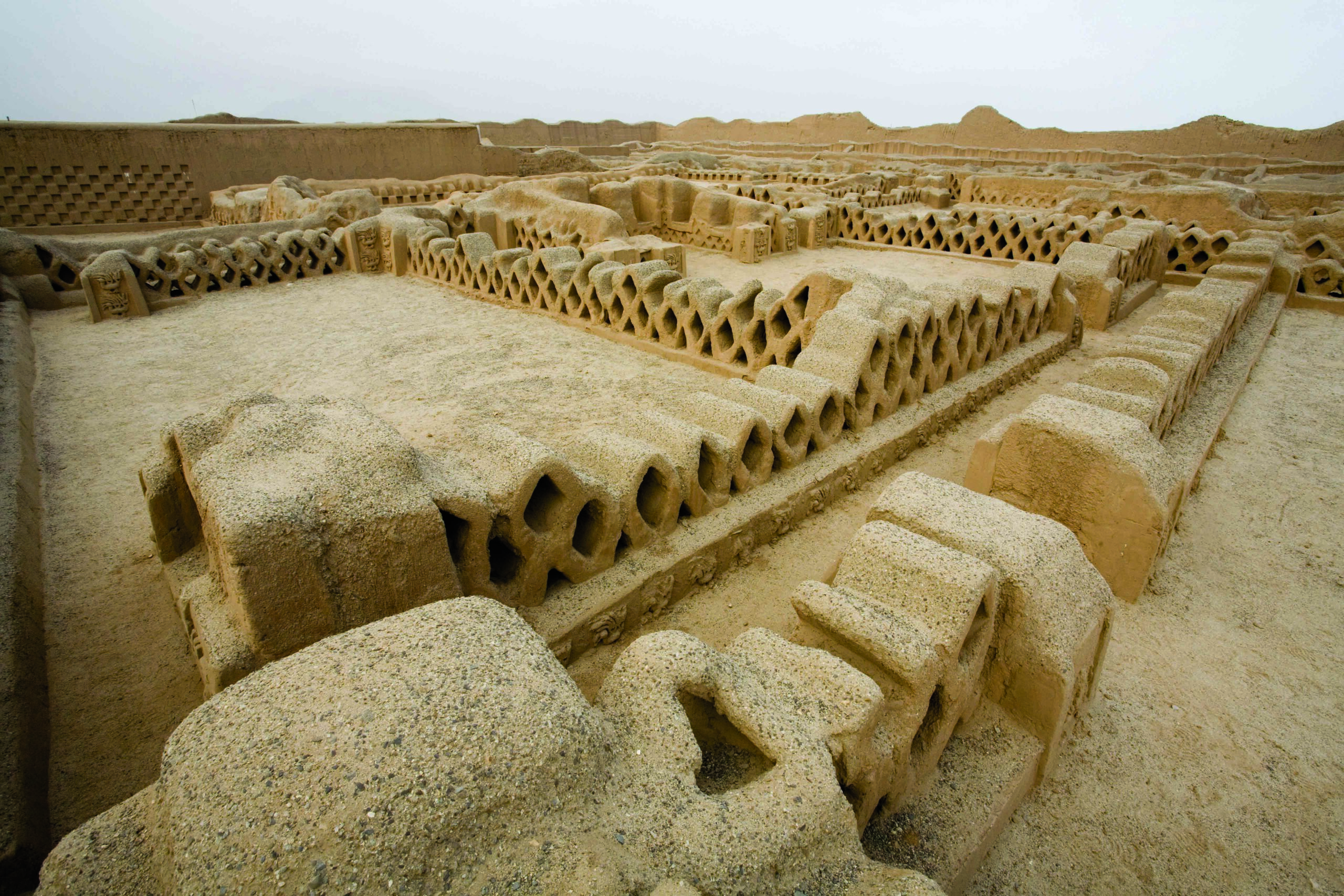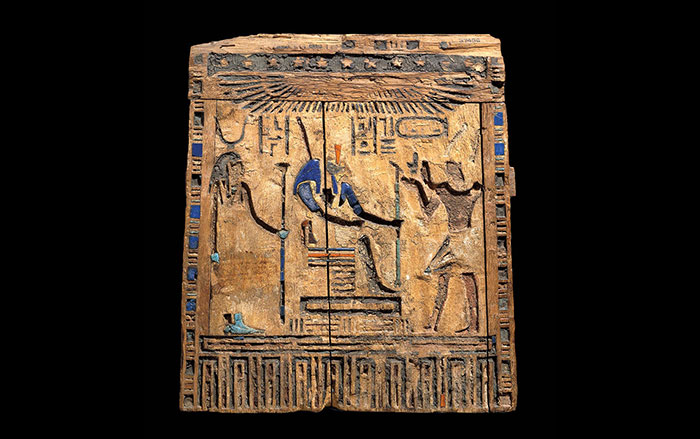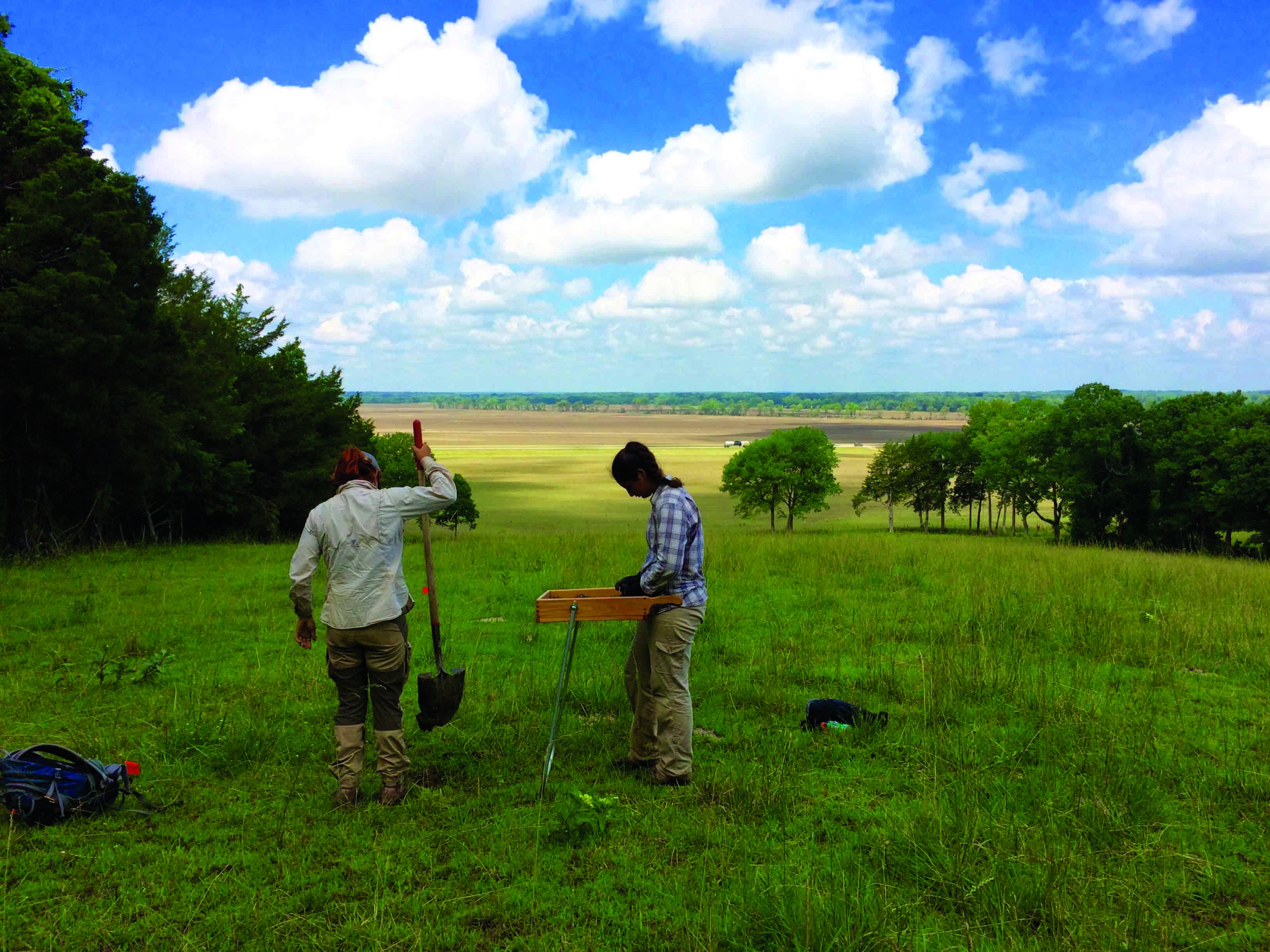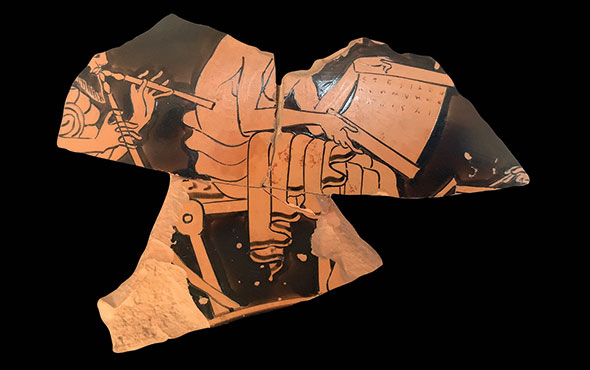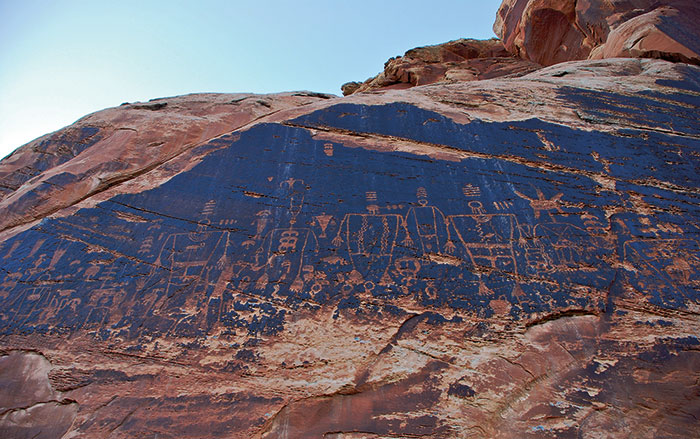
YORK, ENGLAND—According to a statement released by the University of York, researchers led by Maureen Carroll of the University of York have made a 3-D scan of a Roman gypsum burial casing. In this burial practice, the remains, placed in lead or stone coffins, were covered with liquid gypsum. Once the gypsum hardened and the bodies decayed, a negative cavity formed within the casing, preserving the original position and contours of the deceased, in addition to the imprints of shrouds, clothing, and footwear. Traces of aromatic imported resins found in three such burials suggest it was a practice reserved for the wealthy. And although this practice was usually reserved for single burials, one of the casings in the collection at the Yorkshire Museum held the remains of two adults and an infant who died about 1,600 years ago. The new 3-D scan reveals that each of the bodies in the group had been completely wrapped in textiles of varying quality and weave. The ties used to bind the shroud over the head of one of the adults and the bands of cloth used to wrap the infant were all visible, Carroll said. Further research will examine the skeletal remains for evidence of the individuals’ age, sex, diet, and geographic origin, in addition to analysis of the textiles. The scientists also hope to create 3-D scans of the other 15 gypsum casings in the Yorkshire Museum collections. To read about a set of peculiar burials at a Roman cemetery in England, go to "Foreign Funeral Rites."


